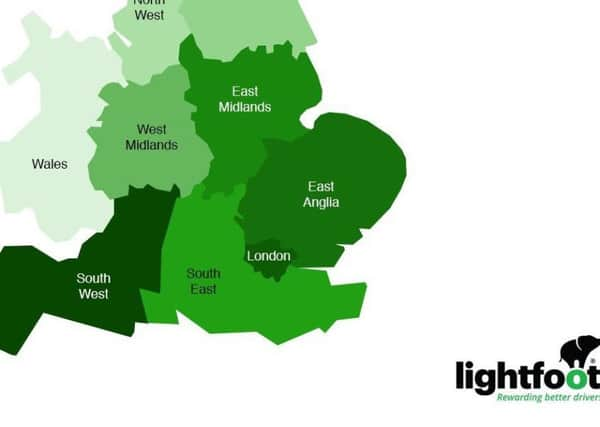Have you stopped using plastic straws and cups? Nearly a half of us in the South East have, research suggests


More than 94 per cent of South East residents have made lifestyle changes for the planet, according to research commissioned by car technology firm Lightfoot.
A survey of 2,001 respondents across the UK showed that the South West, London and East Anglia have made the most lifestyle changes to benefit the environment, whereas residents in the North East have made the least.
Advertisement
Hide AdAdvertisement
Hide AdIn the South East, nearly three quarters of those surveyed were concerned about their carbon footprint and 82 per cent considered the environment when they make any purchases or lifestyle choices.
More than half (56 per cent), said they were motivated equally to make lifestyle changes that saved them money or the planet.
Across the UK, the most commonly adopted green practices were recycling (86 per cent) and eliminating plastic (44 per cent). Almost a third (30 per cent) of British people are also making a conscious effort to cut down on their meat consumption for environmental reasons, and the same number have started using a reusable coffee cup.
Our driving behaviours play less on our minds, as although 24 per cent of those surveyed said they try to drive less for the sake of the environment, only 30% make an effort to drive better and more smoothly.
Advertisement
Hide AdAdvertisement
Hide AdMark Roberts, CEO and Founder of Lightfoot says: “The nation is acutely aware of the need for urgent action on climate change but, while we have revolutionised our habits when it comes to recycling and plastic, there still seems to be little awareness around driving behaviours.
“Such a huge proportion of the country are concerned about their carbon footprint but only 29 per cent make an effort to drive better.
“This is a fundamental error, as a good driver is up to 25 per cent more efficient than a bad driver.